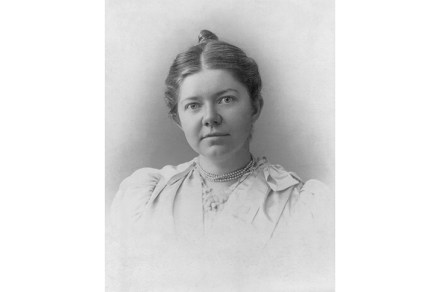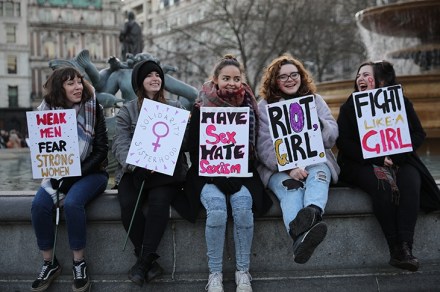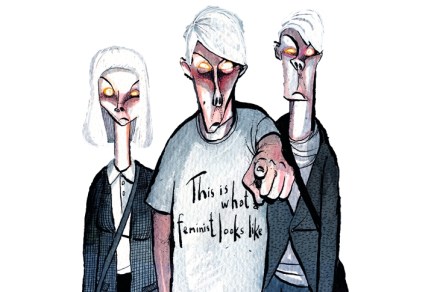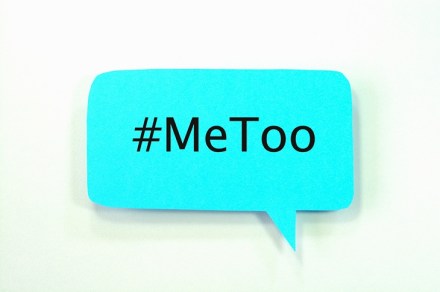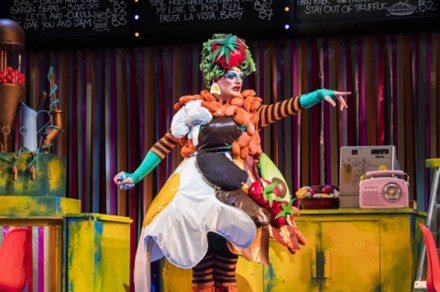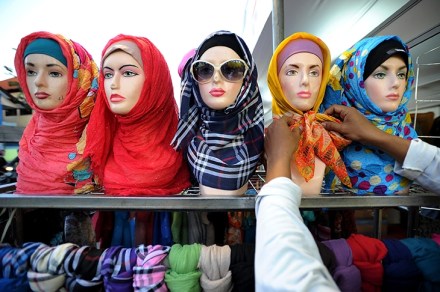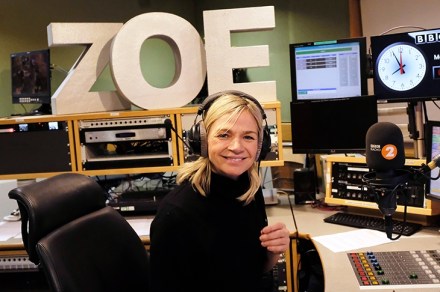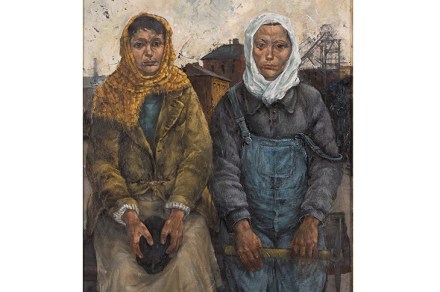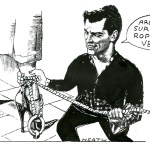Life’s a Beach
At the Wigmore Hall last Friday, the Takacs String Quartet and Garrick Ohlsson played a piano quintet that was once revered as a masterpiece but then fell out of fashion and wasn’t heard for decades. It’s by Amy Beach, a name which always makes me smile because it looks so incongruous underneath her photograph. ‘Amy Beach’ sounds like an old hippie who sells ethnic tapestries and hogs the limelight at her women-only Seattle book club. But the photos show a Bostonian society hostess straight out of Henry James: unsmiling, with eyes peeled for a social climber who picks up the wrong knife at dinner. The 21st-century musical establishment portrays Beach
